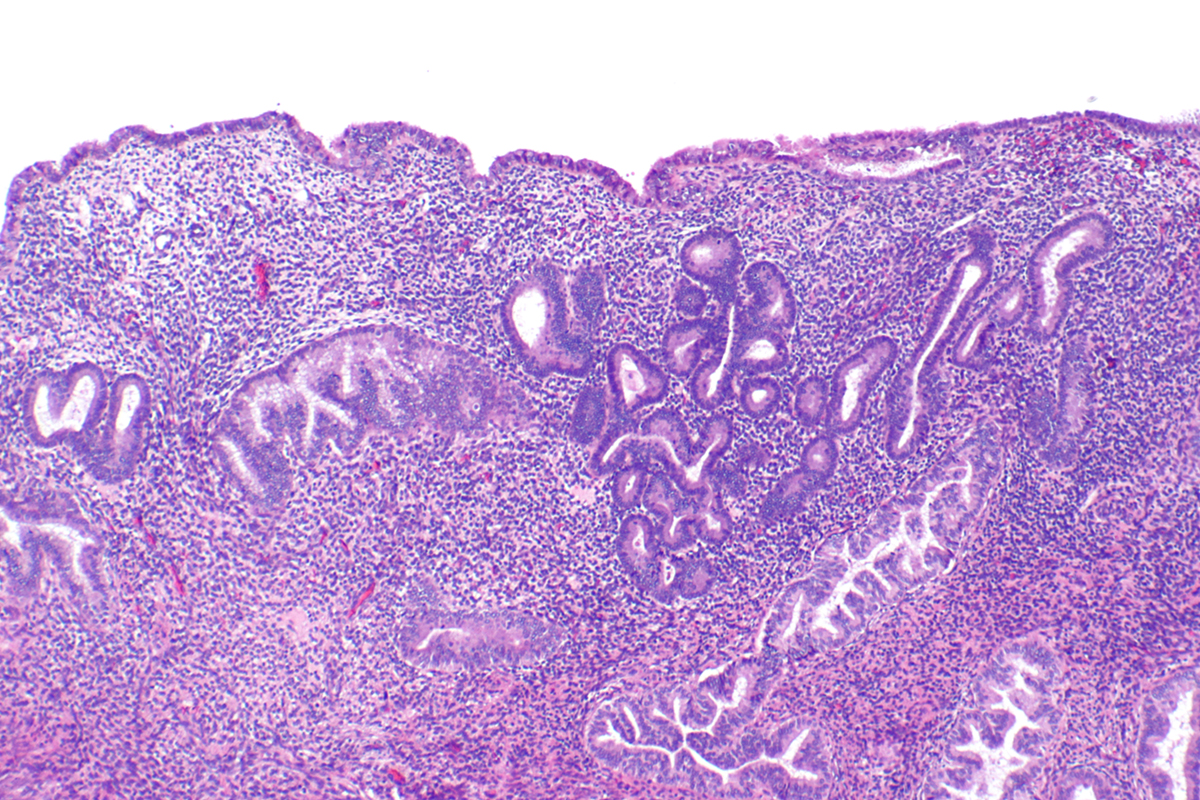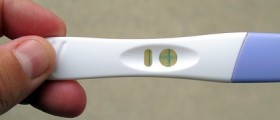
Progesterone is one of the major hormones produced in the both men and women. However, this hormone is especially important for women as it maintains the regularity of menstrual cycles and helps to protect an ongoing pregnancy. Progesterone levels normally vary in the women’s body during her menstrual cycle.
Production of progesterone normally decreases after the ovulation, if the woman does not get pregnant. A lack of progesterone, caused by the normal hormonal fluctuations, is responsible for certain pre-menstrual symptoms, such as cramping. However, if the woman starts to notice irregularities in the menstrual cycle accompanied with other symptoms of progesterone deficiency, she should consult her medical practitioner and possibly detect low progesterone in the body.
Progesterone and pregnancy
Progesterone is the vital female steroidal hormone responsible for a successful pregnancy. The main role of progesterone hormone is to create a fertile environment for conception and support the early development of embryo. This hormone, normally produced at the time of ovulation, also assists in production of cortisol, estrogen and testosterone. Low progesterone levels may often be responsible for patient’s infertility or miscarriage. If progesterone levels are dangerously low, the body will fail to increase the tissue development in the uterus, to which the embryo normally attaches. Low progesterone levels may cause shedding of the endometrium and menstrual flow in the early days of pregnancy. If the progesterone remains low for a couple of weeks, woman will most certainly experience a miscarriage. First trimester of pregnancy is associated with increased risk of miscarriage but after the first trimester, placenta becomes responsible for progesterone production.
Signs and symptoms of progesterone deficiency
Irregular menstrual cycle is commonly accompanied with mood swings, hot flashes, loss of sexual desire and problems with sleeping. All of the symptoms associated with progesterone deficiency are very much alike the normal symptoms of menopause. Women may usually feel extremely tired, depressed, their skin may feel dry and they are more likely to gain weight. Symptoms may vary from mild to severe and sometimes they can manifest as a chronic depression, anxiety and suicidal behavior. Loss in the cognitive capacity is another serious symptom that usually involves memory loss and affects concentration. Low progesterone levels are potentially dangerous, not only for a woman’s fertility, but also for the thyroid gland, causing hypothyroidism. One of the major concerns about progesterone deficiency is the increased risk of developing certain forms of cancer, especially uterine cancer.
Women should consult her doctor if she experiences similar symptoms or thinks she might have low progesterone levels.







-Why-Some-Women-Take-This-Type-Of-Progesterone-During-Early-Pregnancy_f_280x120.jpg)









Your thoughts on this
Loading...